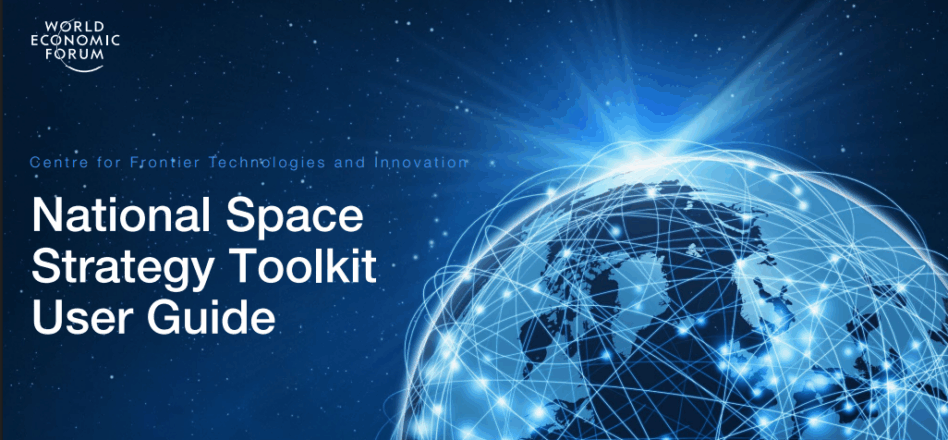The World Economic Forum (WEF) created a space-policy guide intended to help both emerging nations looking to debate space policy for the first time, and established players evaluating whether their regulations are still the best fit.
The National Space Strategy Toolkit, released last month, provides recommendations and best practices, taking into account the country’s objectives in space, abilities, and key domains.
Everybody? Yeah: Every nation should have a space strategy, regardless of if they are launching or operating missions in the domain, according to Helen Burdett, WEF’s head of planetary solutions and leader of the toolkit’s development.
“Everyone is using space data,” she told Payload. “This data is getting integrated into more industries, and used across the government. That’s the trend we see driving demand.”
Toolkit details: The toolkit includes four pieces:
- Helping nations determine their priorities in space, by selecting three to four options from choices such as security, climate change, and sovereignty.
- Selecting their top strategic objectives from choices that include growing exports, and increasing scientific research.
- Identifying their most important needs in space, and what domains they would fall into.
- Receiving recommendations, including ways to overcome any funding or tech barriers.
The toolkit also lets users view use cases for tech space from countries including the US, Japan, New Zealand, and Costa Rica, among many others. The use cases cover topics ranging from encouraging responsible space exploration, to building partnerships with other countries, to designing an SSA or PNT structure.
Getting onboard: Being able to consider different policy outcomes and learn from other nations is important—but ultimately, a nation’s policy is only as good as what can be implemented. That’s why Burdett said the WEF is encouraging nations to participate in the toolkit alongside other important people in their country, including policymakers and regulators, to ensure everyone is on a similar page long before reaching a decision.
“What we can do is help make some of those connections,” she said. “The briefing paper really outlines the need for collaboration in the development of the strategy…A big part [of why] is if it’s co-developed with the stakeholders, then it’s more likely to be implemented.”




